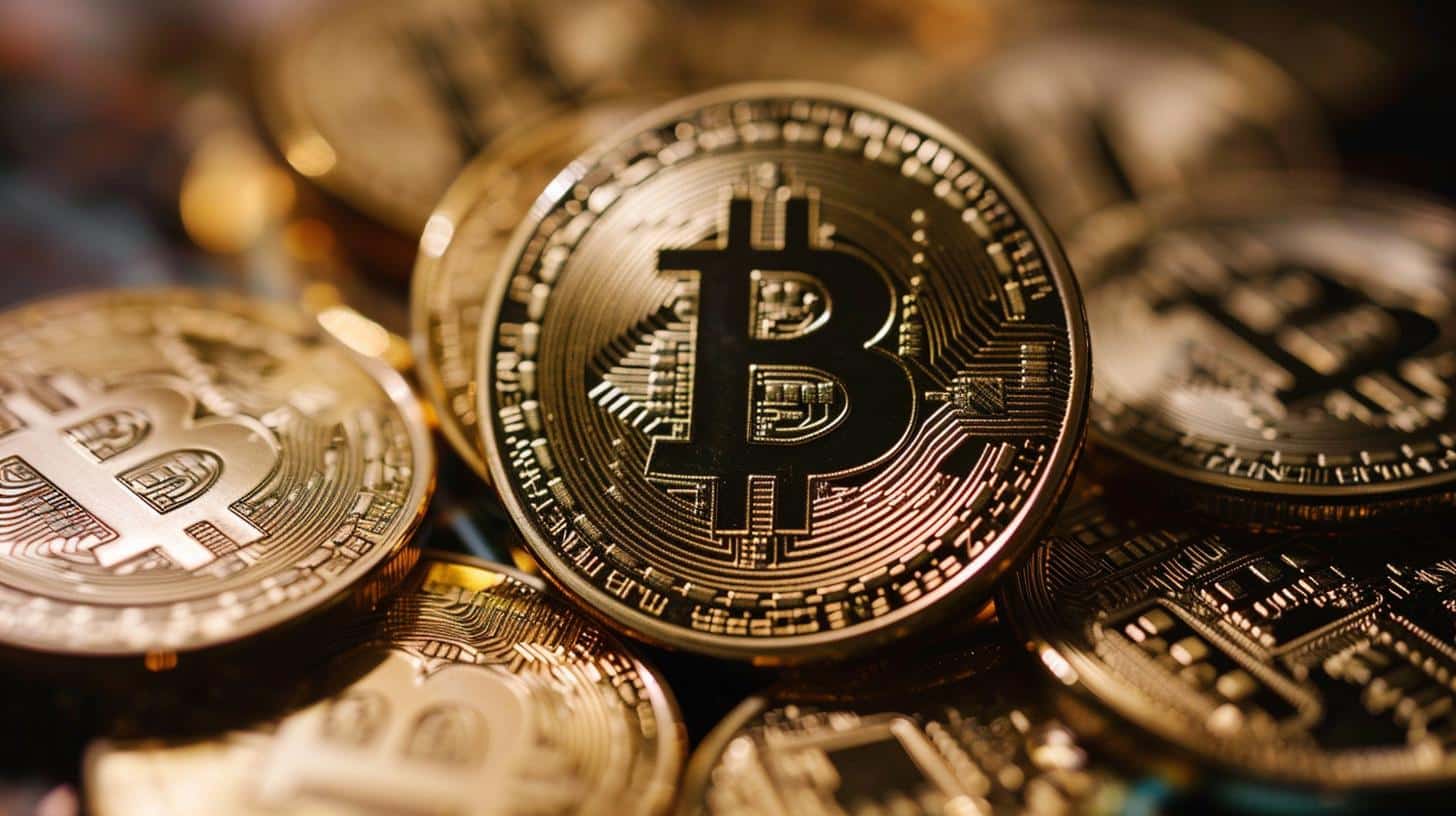Singapore's Stance Against Cryptocurrency in Gambling
Singaporean regulators have announced they will not permit the use of cryptocurrency for gambling, due to concerns over money laundering. This decision was clarified by Ms Sun Xueling, Minister of State for the Ministry of Home Affairs and Ministry of Social and Family Development, during a September 10 parliamentary address.
Background on Legislation
The announcement was part of the discussion on the Casino Control (Amendment) Bill, introduced on July 4, 2024. This bill is intended to update the framework that governs casino gambling activities in Singapore. It aims to give the Gambling Regulatory Authority the ability to prescribe what wagering instruments can be used as chips in casino gambling. Cryptocurrencies, however, will not be included in this scope.
Reasons for Exclusion
While the amendments are seen as a move towards "future-proofing the regime" and promoting "cashless gambling," the Minister of State has firmly excluded cryptocurrencies, emphasizing the risk they pose for money laundering. Ms Sun Xueling stated, "GRA has no intention of allowing cryptocurrency to be used as chips for casino gambling as this presents money laundering risks."
The Broader Context
Singapore's decision reflects a broader awareness of the potential use of cryptocurrencies in money laundering, a concern echoed globally. A January 2024 report by the UN Office on Drugs and Crime highlighted how digital currencies are used by criminal networks to obscure the origins of illicit funds via casinos.
Jeremy Douglas, UNODC Regional Representative for Southeast Asia and the Pacific, commented, "Organized crime groups have converged where they see vulnerabilities, and casinos and crypto have proven the point of least resistance."
Global Trends
This stance is part of a growing trend worldwide. In Australia, the government recently prohibited the use of cryptocurrencies for online betting to help individuals manage their gambling habits. Similarly, Brazil banned cryptocurrencies for gambling payments in April 2024, aiming to enhance transparency and reduce money laundering risks.
The Contrast in the Crypto Gambling Market
Despite these regulatory actions, the global crypto gambling market is expanding rapidly. It nearly doubled to over $70 billion in the first half of 2024, with forecasts suggesting it could reach $150 billion by 2030. This shows a significant contrast between regulatory actions and market growth, highlighting ongoing tensions between innovation in digital currencies and regulatory frameworks seeking to mitigate associated risks.













